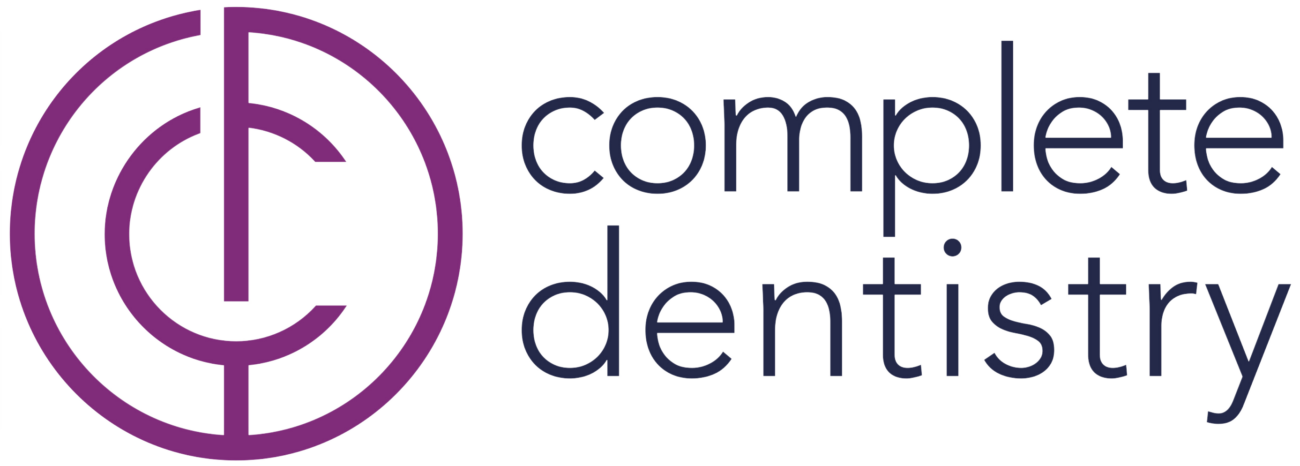Dental implants provide a durable and often aesthetically pleasing solution for missing teeth. They offer numerous advantages over traditional dentures, including improved oral health, enhanced speech, and greater comfort. However, the cost of dental implants can be prohibitive for many patients. Understanding the various payment options available can help manage these expenses effectively.

Insurance Coverage for Dental Implants
Dental insurance plans often do not cover the full cost of implants. Many policies classify implants as cosmetic procedures, which limits coverage. However, some insurance plans offer partial coverage for certain components of the implant procedure. For example, they might cover the cost of the crown or abutment but not the implant itself. Patients should thoroughly review their insurance policies to understand what is covered and what is not. It is advisable to contact the insurance provider directly to clarify details. Patients should ask specific questions about coverage limits, deductibles, and any out-of-pocket expenses they might incur. Being well-informed about insurance coverage can help avoid unexpected costs.
In-House Financing Options
Many dental offices offer in-house financing options to help patients manage the cost of implants. These plans allow patients to pay for their procedures over time, often with interest-free periods. In-house financing can make dental implants more accessible by spreading the cost over several months or years. Patients should inquire about the terms and conditions of these financing plans. Understanding the interest rates, payment schedules, and any associated fees is crucial. Patients should also assess their ability to meet payment obligations to avoid financial strain. In-house financing provides a flexible and convenient way to afford dental implants.
Third-Party Financing
Third-party financing companies specialize in healthcare financing and offer loans specifically for dental procedures. Patients can apply for a loan to cover the cost of implants, with interest rates and terms varying by lender. Researching different lenders is essential to find the best rates and repayment terms. Some lenders offer promotional interest-free periods, which can be advantageous. Patients should ensure they understand all loan terms, including any penalties for late payments. Third-party financing provides flexibility for those unable to pay the full cost upfront. It can be a viable option for managing the expenses associated with dental implants.
Health Savings Accounts (HSAs) and Flexible Spending Accounts (FSAs)
Health Savings Accounts (HSAs) and Flexible Spending Accounts (FSAs) offer tax-advantaged ways to pay for dental implants. These accounts allow individuals to contribute pre-tax dollars, which can then be used for qualified medical expenses, including dental implants. HSAs require enrollment in a high-deductible health plan, while FSAs do not have this requirement. Patients should check the contribution limits and rules for these accounts. Using an HSA or FSA can reduce the effective cost of dental implants by lowering taxable income. Patients should plan their contributions to ensure they have enough funds available when needed.
Personal Loans
Personal loans from banks or credit unions provide another financing option for dental implants. These loans can be used for any purpose, including medical expenses. Interest rates on personal loans depend on the borrower’s creditworthiness. Patients should compare loan offers from different financial institutions to find the best rates and terms. Factors to consider include interest rates, repayment schedules, and any associated fees. Personal loans offer flexibility and can cover costs not covered by insurance or other means. They provide a straightforward way to finance dental implants while allowing patients to manage their finances effectively.
Grants and Charitable Organizations
Grants and charitable organizations may offer assistance with the cost of dental implants. While these options are limited, they can provide valuable support for those in need. Patients should research available grants and contact organizations that offer dental assistance. Eligibility requirements vary, and patients may need to demonstrate financial need or meet specific criteria. Grants and charity can reduce the financial burden of dental implants, making them more accessible to those who qualify. It is worth exploring these options, especially for patients facing financial challenges.
Complete Dentistry for All Ages offers comprehensive dental care tailored to each patient’s needs. Our experienced team provides personalized treatment plans focused on patient comfort and satisfaction. We also offer guidance on financing options to help you manage costs effectively. Contact us to schedule a consultation learn more about how we can assist you with your dental care needs.
